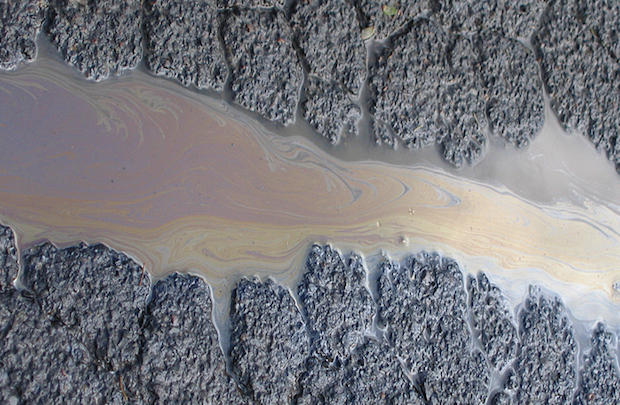
You can justify anything with statistics, of which, as Vic Reeves astutely observed: “95 per cent are made up on the spot”. Of late, we are fed a daily diet of grim figures, mountains of debt, oceans of deficit, all trotted out to justify deep and lacerating cuts to our public-spending budgets. Leaving aside the question of who got us into this mess (it certainly wasn’t me, or any of the nurses, cleaners, librarians who are carrying the can), I’d take issue with the notion that when times are tough, some things are expendable.
Take footpaths. While it doesn’t take a genius to work out that, by inclination, a Conservative-led government is not going to put matters of access ahead of matters of private property rights, there are issues here that should worry walkers. We saw what happened when the plans to sell off the nation’s forests were announced last year. This hugely misguided strategy united some of the most disparate sections of our society, from retired colonels in the Shires to eco-warriors.
Now, as the Ramblers’ chief executive Tom Franklin has pointed out, it seems from the recent Government white paper that the all-England Coast Path project may be being quietly shelved. If so, we should make our voices heard again. If one thing should exercise an island race even more than woodlands, it is the coast and the sea. It may not be putting it too strongly to call free access to the British coast a birthright.
Billy Bragg puts this primal and enduring link rather nicely. Billy lives dead alongside the South West Coast Path in Dorset. He’s often asked by those mindful of his roots in urban Barking how he feels now living in the countryside. He always replies that he doesn’t live in the countryside. He lives by the sea. There’s
a difference. He’s absolutely right. The British coast is a joy and a marvel. We are blessed in having it as our neighbour. From the austere and haunting flats of East Anglia to the pleasure palaces of Blackpool, from the rugged inlets and gull-haunted rock cathedrals of Zennor to the muddy, ribbed Humber Estuary beloved of Philip Larkin. The sea has shaped the land and us. We should not give it up without a fight.
There’ll be some who balk at the notion of walkers getting ‘too political’, feeling that we should stick to our genteel pursuits and let others make tough fiscal decisions and wield the axe. To which my reply would be unrepeatable. The roots of the Ramblers, let’s remember, are not in cream teas and stiles, but in dissent and protest. Every time I take out one of my beloved OS maps – in mountain mists, or lashed by rain on a soaking moor, or later by a crackling fireside with a warming Talisker – I think of Benny Rothman and his mates. Because these last few years, when I look at the battered map, I see great expanses of sandy yellow where previously there was antiseptic white space and ‘keep out’ signs.
The yellow shading stands for open access land; great tracts of our country once forbidden to me and you that is now open to us all. That ‘right to roam’ was won by the bravery and fortitude of many, and chief among them were the Kinder Scout Trespassers. In my new book, Hope And Glory, I make the point that the British love of nature and exploration transcends class and economic divisions. You only have to look at how climbing, for instance, made tight partners of men as socially disparate as Chris Bonington and Don Whillans to see this.
The point is that a nation is not built on GDP and fiscal prudence alone. Nationhood is forged in the character of the people and how they interact with the landscape and history of the land. I get a swell of pride when I see Japanese tourists taking pictures by the shores of Derwent Water or the slopes of Skiddaw; or when I chat to the German and Dutch tourists who throng the Cornish sections of the South West Coast Path, entranced by the savage beauty of it.
If a Big Society means anything, it is an open society: a society that welcomes those, British or not, who want to enjoy the nations’ natural joys and wonders to the full. If not, we are a small and crabbed society, one seeking to close doors and lock gates under cover of an economic darkness. We should not let this happen.
Stuart Maconie’s Hope And Glory is published by Ebury Press
